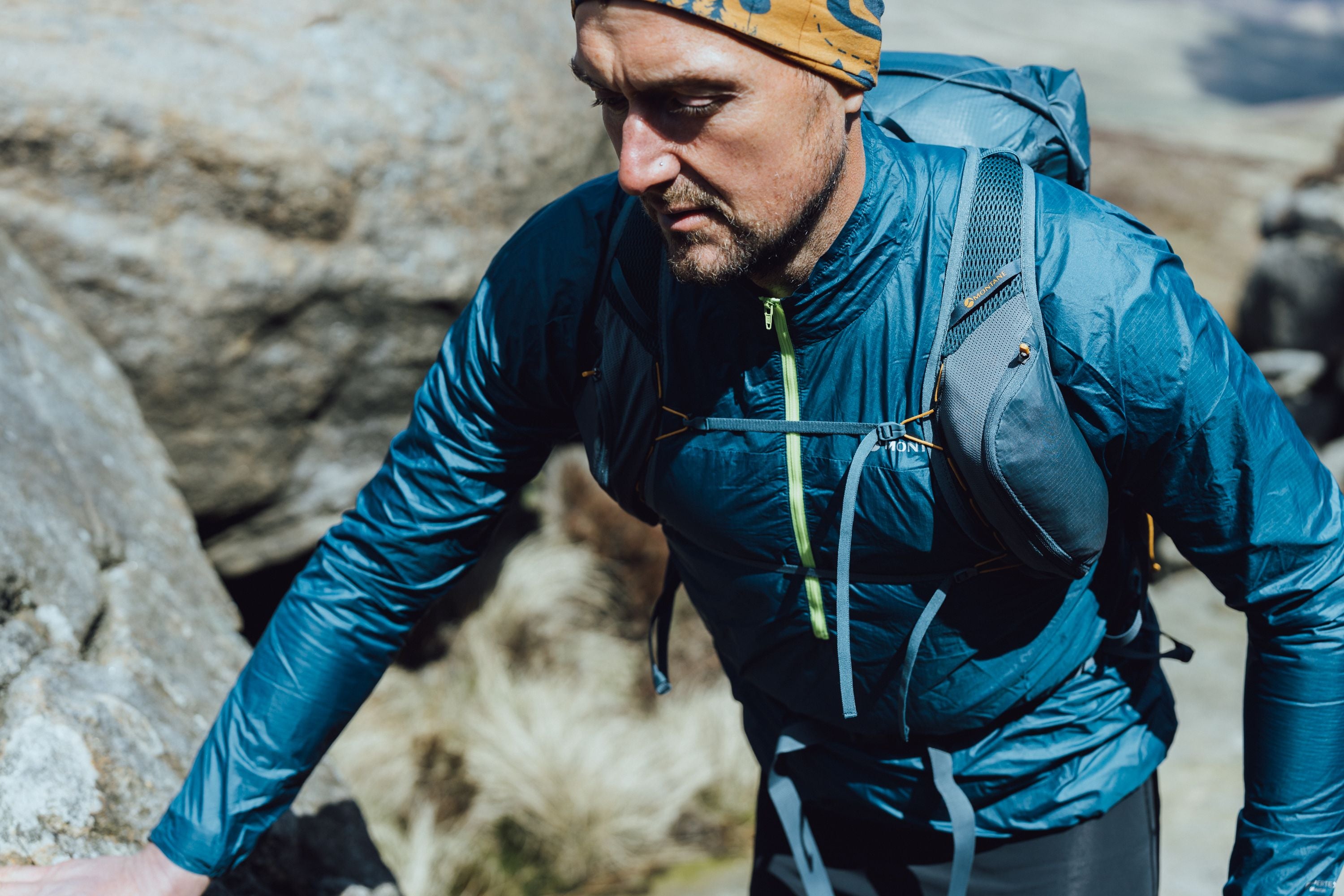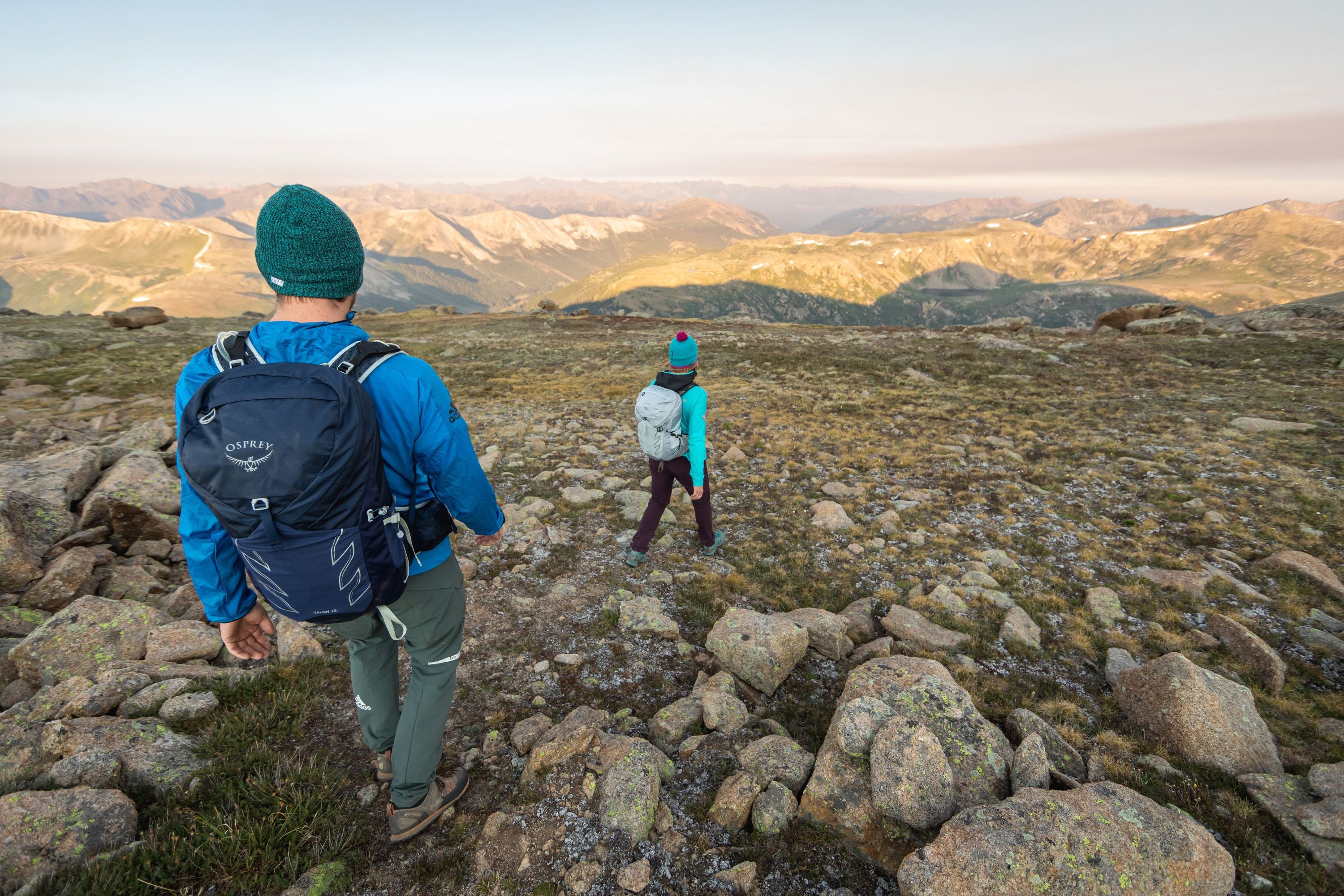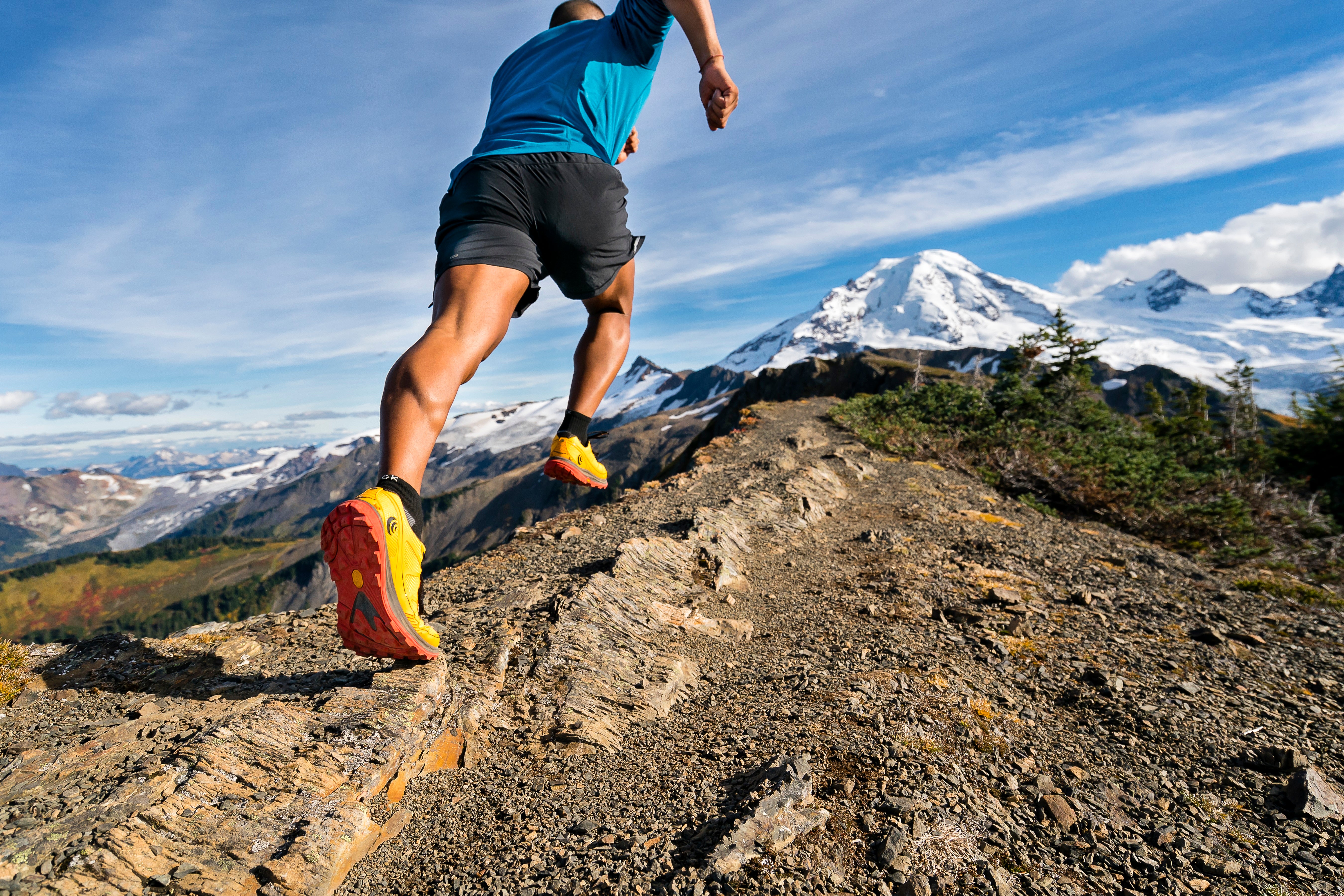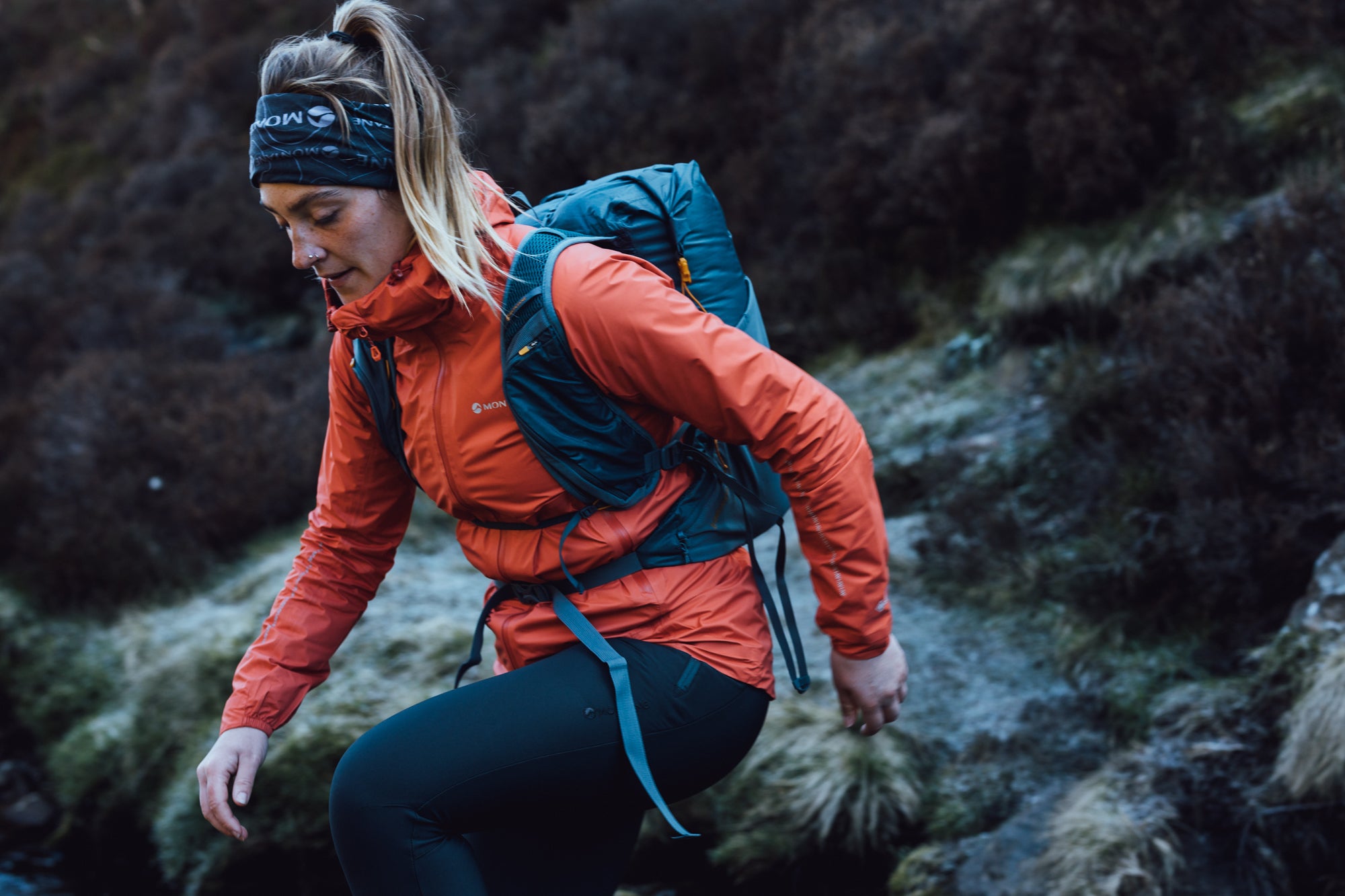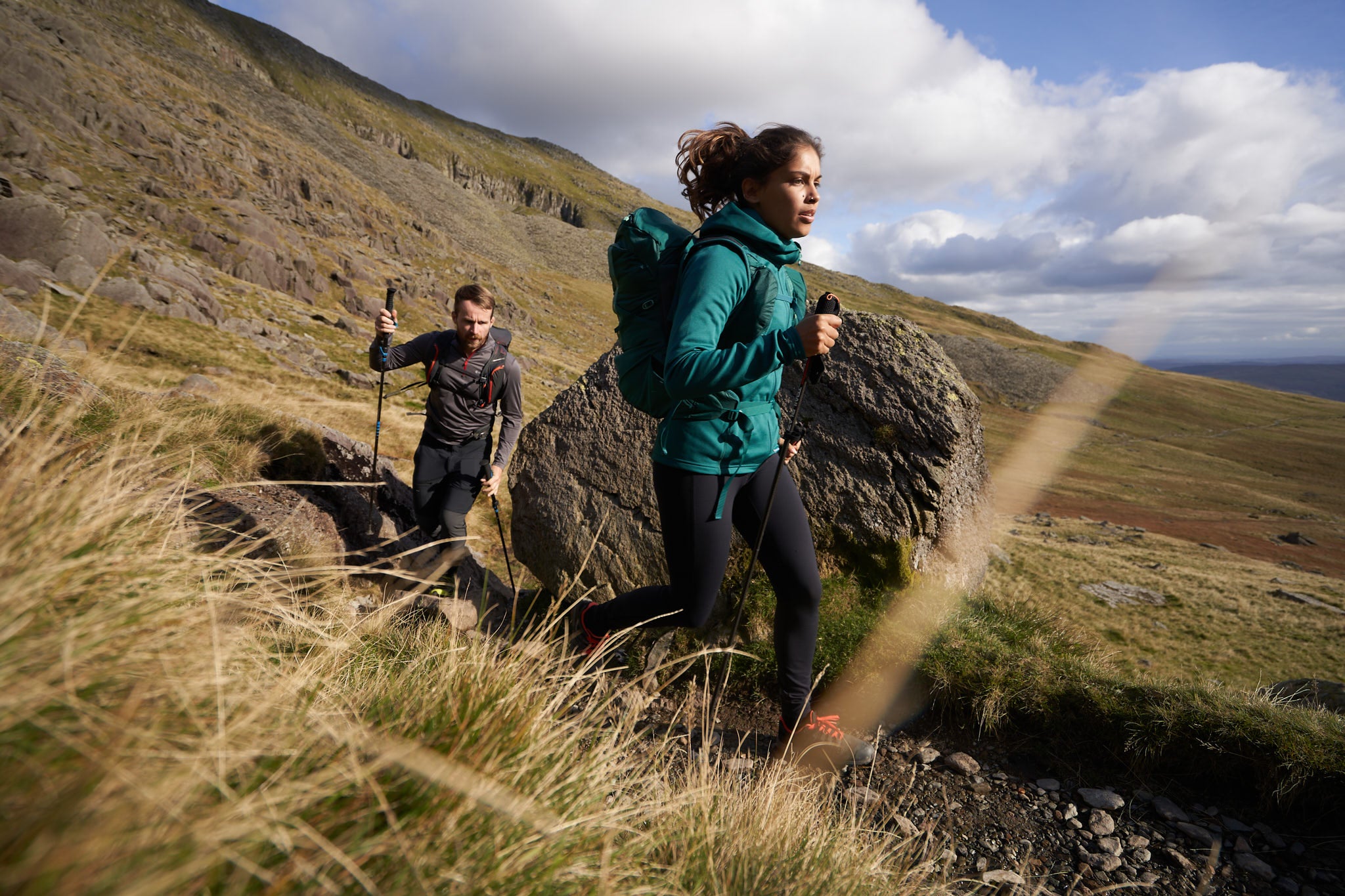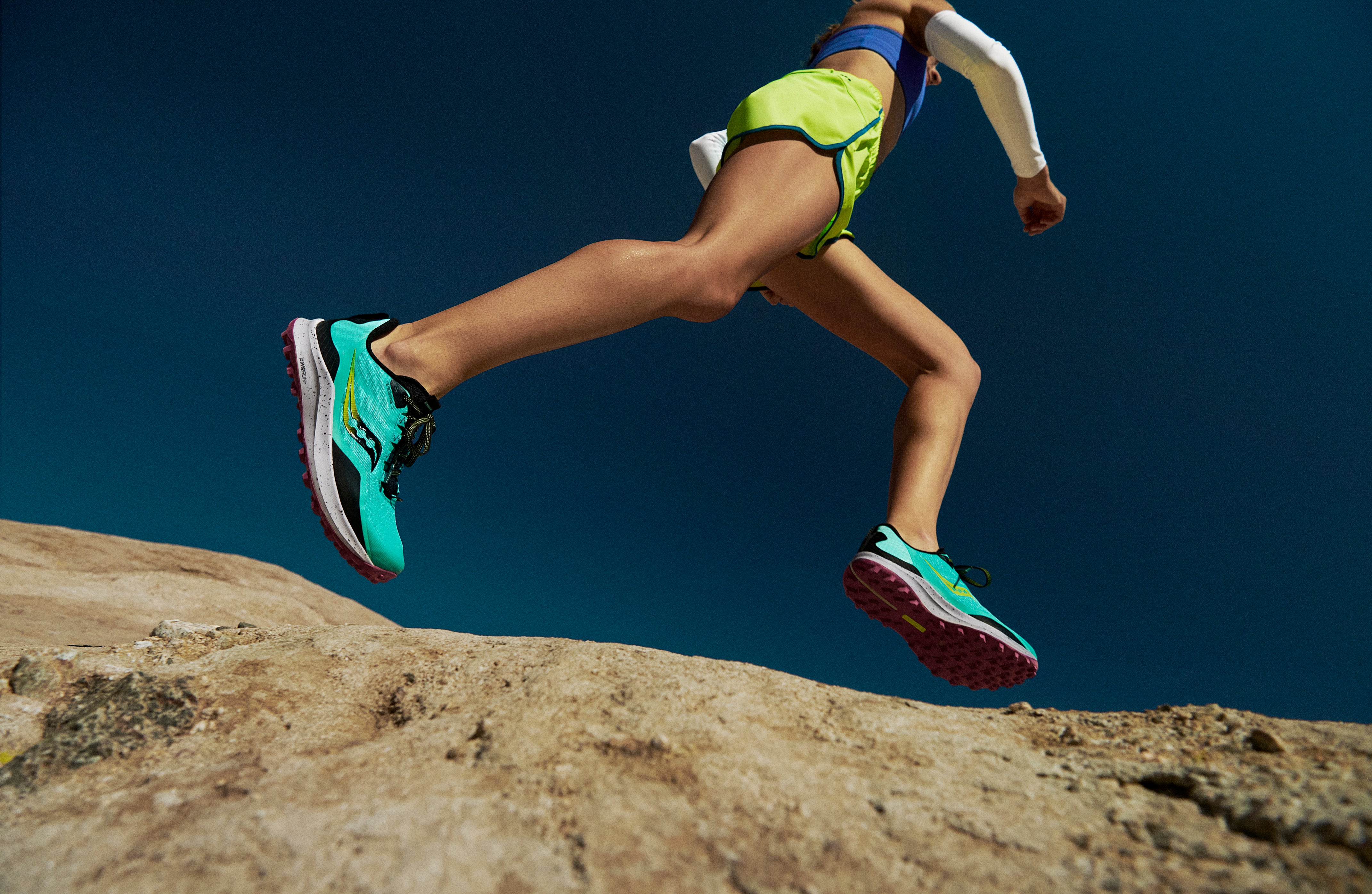Powergirl Em's Sports Nutrition Talk
TerraTribe Sports Nutrition Talk April 2022

Introduction
One hot topic with sports is always nutrition and hydration. There are many points of view and varying opinions out there. So we thought we would share with you the advice and tips from Emily Miazga as she is not only an amazing multi sport athlete (3x Coast to Coast Champion), but also has a Master’s Degree in Nutrition and is the creator of Em's Power Cookies.
Below are Emily's answers to the topics we asked her to cover.
Nutrition for Training
Do’so Do eat a healthy-well balanced diet as part of your daily nutrition plan
o Incorporate a carb/protein snack about 1 hour before training
o Carb is king when it comes to fueling working muscles
o Aim for 30-60g carb/hour for low to medium intensity sessions o Aim for 60-90g carb/hour for higher intensity sessions
o Stay hydrated during the day and use a good sports drink as part of your nutrition intake, and count the carbs in drinks towards the carb targets
Do not’s
o Don’t justify eating junk food because you will “burn it off”
o Avoid high fat food before or during training because it displaces all important carb
o Don’t go into training sessions hungry or try to under-fuel on purpose in order to lose weight because this undermines training performance gains, and recovery
o Don’t use plain water, always use either a good sports drink or electrolyte tablets
o Do not rely only on one type of fuel; a mix of drinks, gels and solid food is best
Fluid
o The recommendation for fluid during exercise is 200 – 300 mL every 15-20 minutes which leaves a wide window from 600mL/hour to 1.2L/hour in terms of fluid recommendationo Always use a good quality sports drink with at least 500mg sodium per L
o The lower end (600mL/hour) will suffice for lower intensity events in cool conditions
o In hot conditions and especially if you’re not acclimatized to the heat, then aim for the higher end of 1.2L/hour
o Fluid needs are very individualized due to sweat losses, heat acclimatization and physical exertion, so the amount of fluid may need to be adjusted up or down
o Practice and monitor fluid intake leading up to events during training sessions to get a feel for your personal sweet spot of what works for you
Tips
o Homemade sports drinks can be made up with 3-4 tbsp sugar or honey/L with lemon and ¼ tsp salt/L
o Energy bars and sports foods are convent, but you can also substitute real food such as sandwiches, baked potatoes, creamed rice, or homemade baking however these are not always practical or convenient
o Always practice in training what you intend to use on race day to avoid any tummy issues or surprises
o You can weigh yourself before and after training, minus fluid taken in, to work out your sweat-losses
Carbs, meat vs. vegetarian
o Personally, I follow a vegetarian diet and I do recommend this for health reasonso Regardless of the type of diet, it is possible to obtain all the essential nutrients the body needs
o Focusing on plant-based eating is a smart approach and then if you eat meat, add that on top rather than being the focus
o Fibre-containing plant foods generally pack a punch of vitamins, minerals, phytochemicals and antioxidants, all vital for long-term health
o Meat can sometimes be heavy on the gut and harder to digest, think peanut butter sandwiches vs. eggs and sausages!
o There is protein in starchy carbs, such as wholegrain bread, pasta, potatoes, beans/legumes and nuts so it is very easy for vegetarians to meet daily protein requirements
Nutrition for Race Day
Do’s
o Do have a solid nutrition plan, tested and ready for race day
o Know how many grams of carb you need per hour, as well as fluid per hour
o Aim for 200-300g carb as your pre-event meal 1-4 hours before the start
o Incorporate a balance of energy foods such as bars, fluids, sports drinks and sugary top-ups
o Always carry a little extra, such as an extra bar or gel, for back up in case you take longer than planned
o Caffeine is a great aid to use in the latter third of an event
Do not’s
o Don’t try anything new on race day, unless it’s an emergencyo Don’t have a big protein/fatty meal or spicy meal the night before an event
o Don’t rely solely on caffeinated gels, save them for the last third of the event
o Super high fibre foods do not have a place in race day nutrition, especially if you have a sensitive tummy
Tips
o Try not to over-complicate your nutrition plan, find what works for you and stick with ito Using a good sports drink is a great way to cover sodium needs, as well as get in carbs, especially when carb-loading in the 24-72 hours before an event
o Cramping in competition is usually caused by being under-trained, and not having a good sports nutrition and hydration plan. If you’re under-fueled and dehydrated, cramping will be worse. Some people use and swear by magnesium supplements
o By having a solid nutrition plan, you will avoid the dreaded bonk, have a much more enjoyable day, as well as recover better
Avoid stomach issues
o Training the gut is just as important as training your muscleso It takes time and practice to learn how to eat and drink under exertional stress, so you must practice in training to get used to it
o Often pre-race jitters or the stress of racing can exacerbate tummy issues
o Give yourself plenty of time between the pre-race meal and the start of the event
o Use foods and drinks that are gentle on the stomach and that you’re familiar with
o Em’s Power Cookies vs. other sports bars are much easier on the stomach
o Avoid excessive caffeine or high fibre foods on race day
Nutrition for Recovery
Do’s
o Do have a high carb snack, 1.2g carb/kg body weight, with 20g protein after training, within 30 minuteso Use a high glycaemic carb source which turns to blood sugar quickly. This stimulates the anabolic hormones which are needed for muscle recovery, while suppressing catabolic hormones which hinder recovery
Do not’s
o Don’t wait too long or delay all-together the recovery snacko Don’t have alcohol straight after an event. Get in the nutrition and hydration before celebrating with a drink
o Don’t be tempted by having high fat foods such as hot chips or sausages because these foods don’t help with recovery
Tips
o Have a finish-line bag with a recovery snack waiting
o Smoothy powders with carb and protein are an excellent way to get in that recovery snack quickly and conveniently
o Adding some fruit like a banana or some creamed rice can boost the carb grams
o Chocolate milk is an excellent and cheaper option for a quick grab
Timing
o The window of opportunity is within 30 minutes of finishing a session to get in the post-recovery snacko Follow up with a similar-sized recovery snack every hour for the next 4 hours, or follow up with a main meal
Examples
o Smoothy made from protein powder
o Homemade smoothy with banana, milk, honey, nut butter and/or protein powder
o Instant noodles with a tin of tuna
o Peanut butter and honey sandwiches on plain bread o Fruit cake with nut butter
o 500mL chocolate milk or a large tin of creamed rice

Em’s Power Cookies
What makes them special?
o I have been making Em’s since I was a sporty kid back in Canada, and as I became a dietitian, I honed the recipes over the years to suit sport nutrition needs for my own racingo They don’t have any added protein powders or additives which can make energy snacks unpalatable
o They are easy to eat and digest and do not cause stomach issues, this is due to the simplicity of the recipes, the right mix of sugars and carbs, and just enough fibre, fat and protein to give them the perfect fueling blend
o They are really satiating and taste delicious
o They are the closest sports nutrition food to real food that you can find
How do they fit into sports nutrition?
o Em’s Original Sports Cookie can be used as part of the pre-race meal, especially if managing tummy issues is a challengeo Have 1x 80g Em’s Bar every 2 hours during training or racing, or have 1 Power Bite every 30 minutes
o Each Bar provides ~50g carb and each Bite ~18g carb
o The Hemp Protein Cookies can be used as part of the recovery snack, each hemp cookie has 10g protein
Cheers,
Powergirl Em

